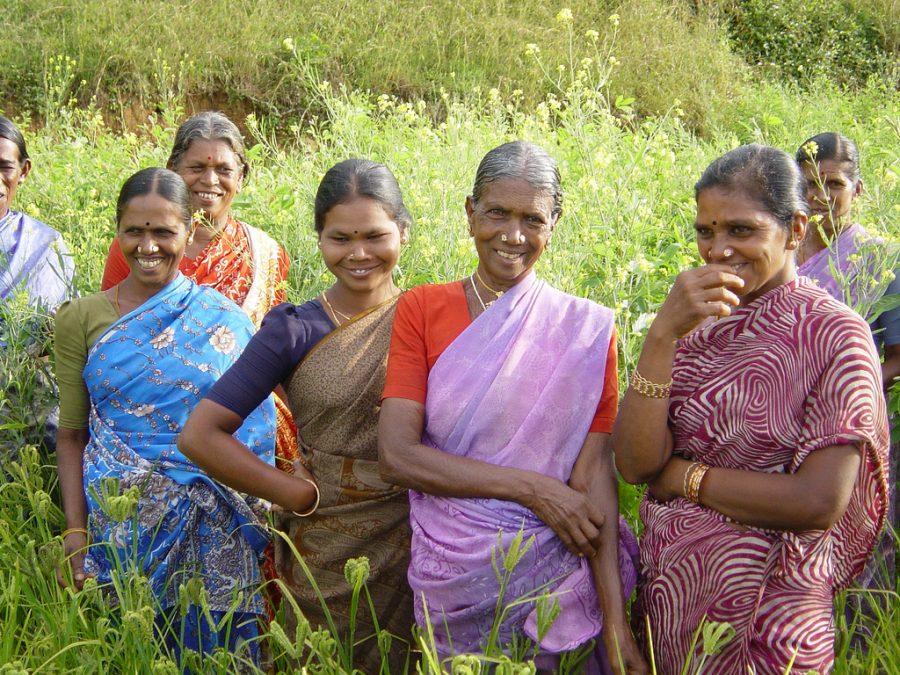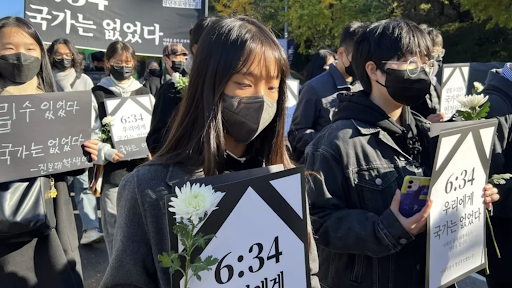In the tiny village of Peepli Khera outside of Meerut, India, women are stepping out of the bounds of ancient tradition and standing up for their right to join the labor force and earn wages as men do. This is a continuing fight that began over the summer against the quickly dropping number of female workers in the country. Constitutionally, women in India are granted equal rights, which should eliminate any problems or hindrances for women who desire to work, but realistically, the law is sparsely enforced. Women face intimidation, deterrence and physical violence for pursuing their own privileges.
The working women of Peepli Khera are led by a woman named Geeta. Known for being headstrong and resilient, Geeta encouraged her companions to push through public scrutiny from the males of their village. The group works in factories earning higher wages than their male spouses. “It has become a habit to take a beating,” Geeta remarked one day. The village chief and other men resent the women, and some opposition have tried to physically prevent them from walking to work. The women were shunned with the ancient “hookah-pani,” which forbid the women from using the village’s water source and from communicating with the others.
Modern India only has a 27 percent rate of female participation in the labor force. This rate is notably low, especially considering that India’s continuing development and modernization would normally indicate the opposite effect. For those women who do find work, it is usually tedious labor at meat-processing plants or other factories.
The ability to make their own money can allow women to feel more accomplished, to garner respect and individuality, and to pay for things like their children’s marriages or life insurance policies that they otherwise would not be able to afford. That being said, all over India the crumbling of the traditionally patriarchal society is resulting in violence and conflict in the most conservative areas. One such area is Peepli Khara.
As the situation worsened, the women were forced to barricade themselves inside a house one night after being belittled and beaten by men. Geeta’s husband was beaten so severely that he had to spend five days in the hospital. The government offered little assistance.
Though the women had drawn up restraining orders and negotiated peace and the removal of the hookah-pani with the help of a Muslim politician, the men ignored the restrictions. Although the violence subsided, the women could not find new jobs as the market declined by the end of the ordeal. The village men showed no remorse or change of heart despite having to pay hefty monetary prices for the attacks. Regardless, the risks that the women have taken have not gone unnoticed, as this issue has garnered international attention.
The New York Times contributed to this article.
Photo from Flickr CreativeCommons: Bioversity International.

















































































































Jeanne • Feb 14, 2016 at 6:17 pm
This is a well-informed article, superbly written. This writer is indeed one to follow!